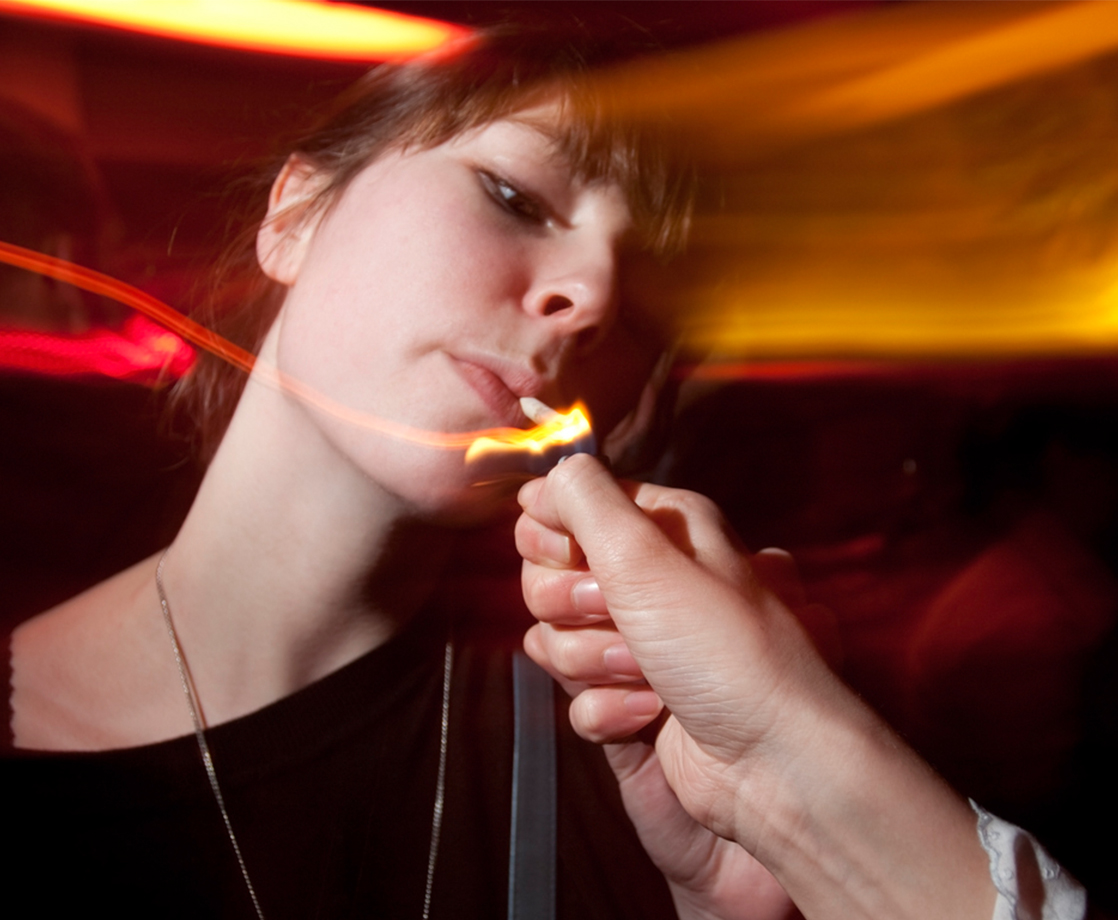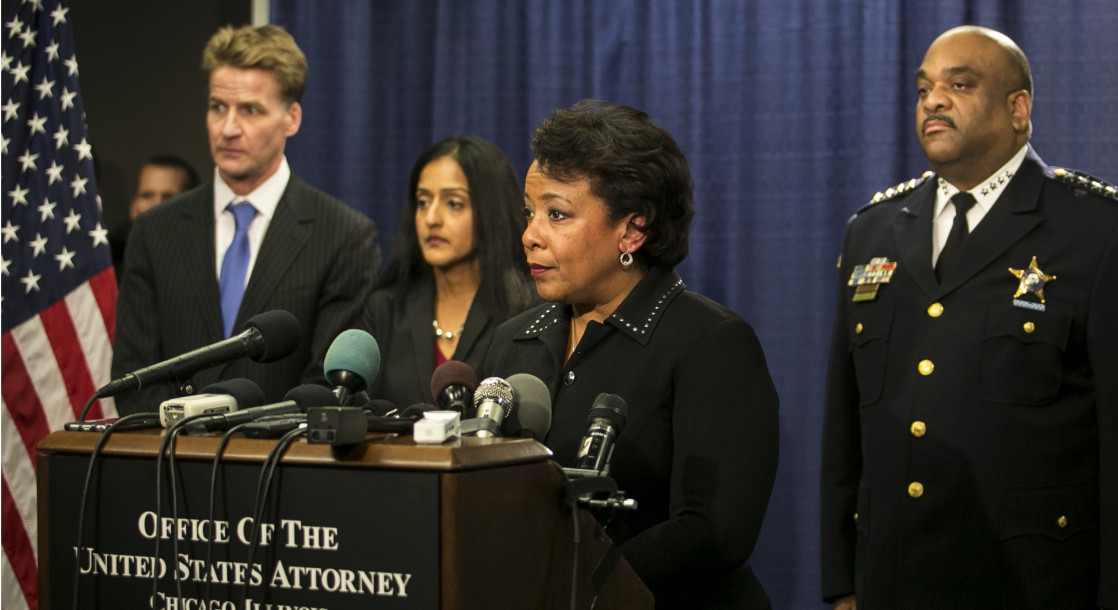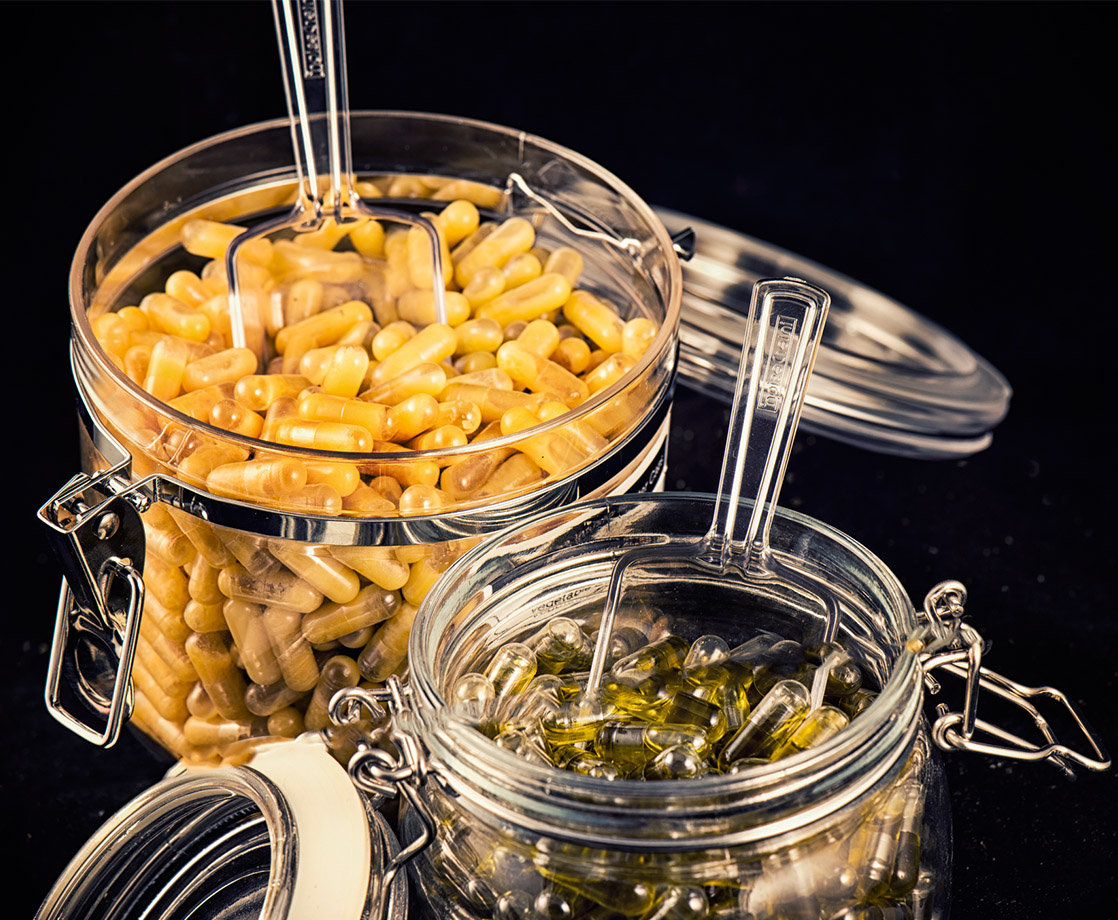Lead photo via iStock
Last November, Maine voters approved of Question 1, a state law legalizing recreational pot, set to launch in 2018. Licenses for grows and retail stores would go to Mainers first, to keep the revenues in-state.
At the center of Maine’s legalization movement stands David Boyer, the state’s political director of the Marijuana Policy Project, a nationwide non-profit dedicated to regulating pot like alcohol. When Boyer first campaigned for legalization a few years ago, he faced a pyrrhic uphill battle, a war fought on not two, but three (!) fronts. His first set of rivals were the usual suspects, local prohibitionists like Scott Gagnon of Smart Approaches to Marijuana.
The second set of opponents were a vocal group of the state’s medical home growers, who Boyer dubbed the “Baptists and the bootleggers.” This phrase came from alcohol prohibition, as many alcohol bootleggers opposed legal booze sales for the same reason some medical home growers oppose recreational legalization: it threatened a preexisting business model, one the bootleggers thrived under.
And the third rival, ironically, was Paul McCarrier of the grassroots group Legalize Maine, who had their own, separate legalization bill “written for Mainers, by Mainers.” Legalize Maine’s bill gives regulatory authority to the state’s Department of Agriculture, whereas Boyer’s bill gave that power to the Bureau of Alcoholic Beverages and Lottery Operations. Legalize Maine’s bill also proposed a lower tax on recreational sales than Boyer’s.
As Boyer quickly learned, Maine’s native-born residents are incredibly suspicious of outsiders. Boyer, who moved to Maine in 2011, became a target of Legalize Maine’s supporters due to his involvement with MPP: his opponents labeled him a “DC lobbyist” bent on monopolizing Maine’s marijuana for outside financial interests. The medical marijuana community feared Boyer’s bill was designed to slowly phase-out the state’s medical system, considered one of the best in the US.
Then, in 2016, the unthinkable happened. After a vicious campaign between Boyer and McCarrier, the two men buried the hatchet and joined forces. Boyer scrapped his bill and adopted Legalize Maine’s, and Legalize Maine let Boyer handle the PR.
With just one legalization bill on the November ballot instead of two, they won. Barely. After weeks of nail-biting recounts, Question 1 passed by a hair—with just a few thousand votes on history’s right side. Adults 21 and over may grow up to 18 plants in their homes, six flowering and 12 vegetating, with no need for a medical license. The law also establishes licensing for smoking clubs, also known as social-use clubs, something left out of Colorado and Massachusetts’s legalization bills.
Today, Boyer and McCarrier are working with a state-appointed committee to clarify the rules of social clubs under Question 1. Their negotiations are typical, as Colorado and Massachusetts faced similar growing pains shortly after they approved legalization measures. Advocates in both states are struggling to make social clubs a legitimate fixture of their local marijuana industries, even though public consumption is banned in both places. Colorado alone is believed to have up to 30 unlicensed social clubs; the handful of licensed clubs are located in the city of Colorado Springs, where recreational weed sales aren’t allowed, and those clubs will be forced to close in eight years under a city ordinance passed last year.
Boyer took a moment from hustling at Maine’s state capitol for a phone call with MERRY JANE regarding the social clubs issue. He’s confident Maine will get the clubs sometime next year, but he’s currently wrangling with regulators who aren’t so keen on these cannabis hangouts. If given the greenlight by February 2018, Maine will become the first recreational state with social clubs operating openly and without the fear of shut-down from local authorities. “We have social clubs for alcohol,” Boyer says, “and they’re called ‘bars.’ We should have those for marijuana. They’ll solve a lot of problems we’re starting to see.”
MERRY JANE: What are some of the problems you mentioned that could stem from a lack of social clubs for marijuana?
David Boyer: One, adults and Mainers may not have a legal place to use marijuana. It’s now legal to possess and to cultivate for personal use. But there are a lot of cases where citizens’ living situations doesn’t allow them to use at home: they may live in government housing, or they have kids at home and don’t feel comfortable using it there, or their lease says they can’t use it in the home. Those people deserve to have a place to legally use marijuana, especially if we’re not allowing it in public.
Tourists definitely don’t have a good place to use marijuana. It’s a problem now, but once we have recreational stores, we’ll see that it’s an issue for those visiting Maine. We had over 35 million visitors last year. That’s millions of people coming here to use marijuana. Even if it’s just 10 percent, that’s still 3.5 million people buying an edible or a bag. That’s three times the size of our state right there. We want to make Maine desirable, alongside Massachusetts, as a vacation place for marijuana consumers on the East Coast.
What’s the model?
The initiatives talked about on-site consumption. That’s what we’d like to see: a place that would allow consumption onsite. Just like you could buy a beer at a bar, you could buy marijuana at a social club. Just like with alcohol, you can’t buy it and take it with you. You have to consume it there. If we have to take some form of compromise from the state, we will. We’ll take the best we can. If that means we have to take existing places that already sell marijuana and turn them into social clubs, then we’ll take that.
Do you think social clubs will thrive in the state?
It really makes sense for Maine. Social clubs are not a terribly profitable business venture. Not many people will use that much marijuana in one sitting. And it’s going to happen anyway whether Maine does anything about it or not. They’re already popping up. There’s caregiver storefronts. There’s unlicensed social clubs popping up, as well. So Maine has a choice, for people to use marijuana in quasi-legal social clubs that aren’t regulated, that aren’t taxed, where employees have no real protections. Or Maine can allow regulated clubs.
It’s something Maine voted on. The opposition tried to use the social clubs against us during the campaign. They claim people didn’t know what they were voting for with these initiatives, but we think Mainers know what they voted for. They know social clubs were part of Question 1.
Right now, does it look like it’s going to happen?
There are a lot of reasonable people on the committee. We think some form of social clubs will make it through.
Any advice for other states considering legalization?
When drafting the initiative, I would tell them that it’s important to include as many supporters as possible early on. Maybe one group only needs to see one thing in there to get their support for the measure. That one thing may seem benign to voters or to other advocates, but it may be important for that one group of supporters, to make this thing bigger.
I would also recommend to not let “perfect” be the enemy of “good.” It’s kind of a cliché, but it’s a really relevant one, especially in politics and the legalization movement. Some people didn’t vote for Question 1 because it wasn’t perfect, because it wasn’t their “unicorn bill.” For someone to not vote for our initiative because it didn’t go far enough is silly, reckless even. Very reckless. Our initiative allowed adults 21 and over to possess two-and-half ounces of marijuana. It allowed a lot of adults to grow, more per household per adult.
It’s about getting a foothold in. Now, the laws of prohibition are crumbling around us, and it’s just a matter of time as more and more states join us. The joint selection committee, unfortunately, feels as though they can rewrite the initiative, rewrite the rules. We obviously disagree, and we’ll stay vigilant in defending the initiative. Some of the regulations don’t affect Joe Six-Pack, but taking away the social clubs does affect the voters and Mainers—it affects a lot of other people.
For more information on Maine's push for legal cannabis, visit Legalize Maine's website here.
Follow Randy on Twitter.











